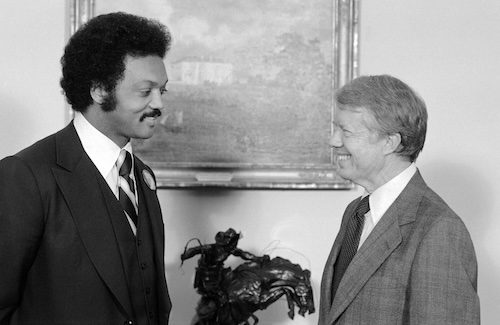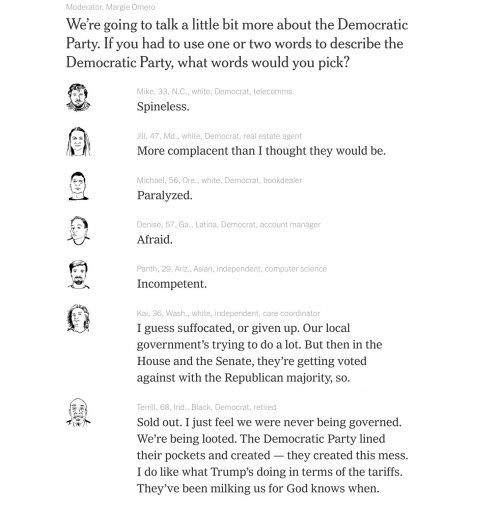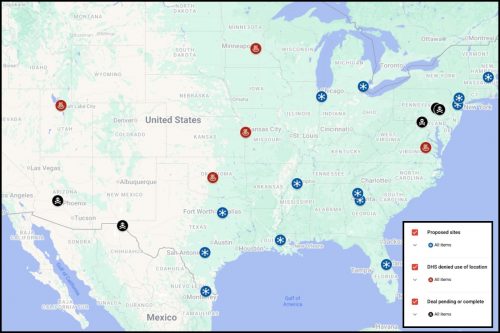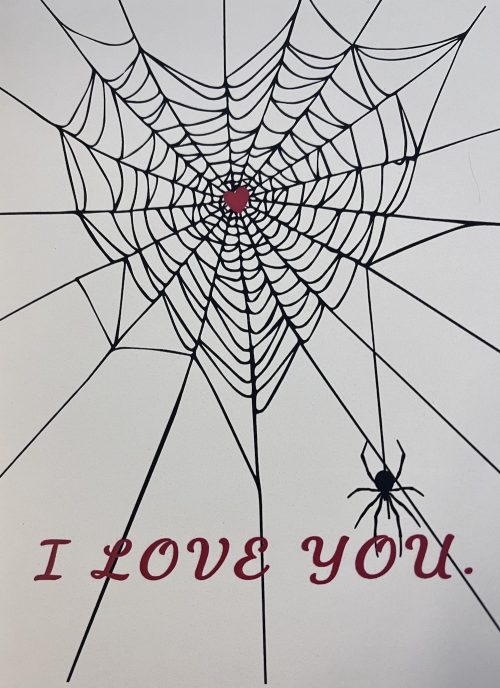Where are the hotbeds of Christian Nationalism? Who is causing all the problems? One approach is to map out the states with the highest density of right-wing Christian weirdos.
That doesn’t suggest any immediate explanations. My first thought was that maybe there is a correlation with poverty.
Nope, that isn’t it.
But then I noticed that Minnesota is always an exception compared to neighboring states. And that Washington, where I was born and grew up, is always on the side of right.
The correlation is clear: I, personally, am a benign influence on any state where I live.
I thought about leasing my presence to any state that wants to join the progressive future, but I had to nix that plan when I realized I might have to move to Arkansas or West Virginia.













